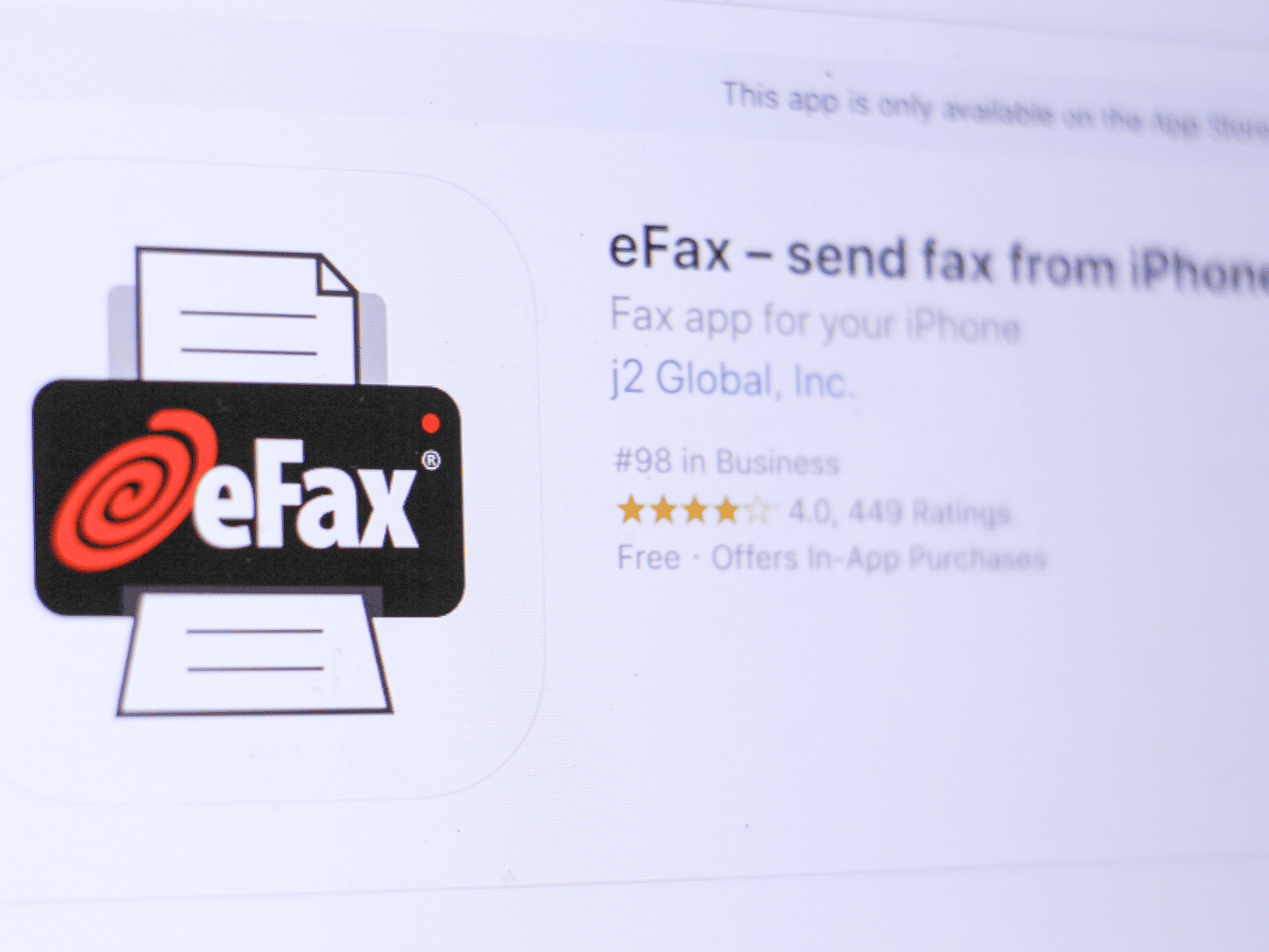
UserPilot is a product experience platform designed for SaaS companies and digital product teams, aiming to improve user onboarding, feature adoption, and overall user experience through customizable, code-free user interface elements.
Is UserPilot HIPAA compliant? UserPilot can be HIPAA compliant, provided it is used with a signed business associate agreement (BAA) and proper security configurations.
Will UserPilot sign a business associate agreement (BAA)?
Yes, based on their security information, Userpilot offers a BAA to its clients. Potential clients should contact Userpilot for more information.
What does the UserPilot BAA cover?
The UserPilot BAA covers the use of protected health information (PHI) and ensures that UserPilot follows HIPAA guidelines in securing that data. Their security practices stress transparency and compliance with data protection standards.
Their BAA includes:
- Protection of PHI
- Notifications of security incidents
- Access by HHS (Health and Human Services) requests
- Handling individual right of access requests
- Return or destruction of PHI upon termination of the agreement
What does the UserPilot BAA exclude?
UserPilot limits the use of their platform for healthcare to specific functionalities and may restrict the handling of certain types of PHI.
Conclusion
UserPilot signs a BAA and can be HIPAA compliant when used in a healthcare setting, but its platform is more focused on engagement rather than patient treatment functions.
FAQs
What is a business associate agreement?
A business associate agreement (BAA) is a legally binding contract that establishes a relationship between a covered entity under the Health Insurance Portability and Accountability Act (HIPAA) and its business associates. The purpose of this agreement is to ensure the proper protection of personal health information (PHI) as required by HIPAA regulations.
Related: FAQs: Business associate agreements (BAAs)
What is HIPAA?
The Health Insurance Portability and Accountability Act (HIPAA) sets national standards for protecting the privacy and security of certain health information, known as protected health information (PHI). HIPAA ensures that healthcare providers and insurers securely exchange electronic health information, with significant fines and penalties for violations.
Who does HIPAA apply to?
HIPAA applies to covered entities, which include healthcare providers, health plans, and healthcare clearinghouses. It also applies to business associates of these covered entities who perform certain functions or activities on their behalf, such as handling PHI.
Subscribe to Paubox Weekly
Every Friday we'll bring you the most important news from Paubox. Our aim is to make you smarter, faster.



